The Ohio-class guided-missile submarine USS Georgia has completed a series of high-stakes interoperability training exercises in the Mediterranean Sea, working alongside British Special Forces, American Force Reconnaissance Marines from the 2nd Reconnaissance Battalion, and other special operations forces (SOF).
This collaboration was part of a broader effort to enhance joint operational capabilities, according to a statement from U.S. Naval Forces Europe-Africa.
The exercises, which took place in early August, involved a range of training activities designed to improve the integration of amphibious and special warfare into existing naval missions.
“As our submarine force continues to develop its diverse mission sets, we strengthen our ability to deter threats and ensure global access, security, and stability in the maritime domain,” said Capt. Benjamin Selph, Commander of Task Force 69.
“Integration with joint and allied partners enhances our lethality as apex predators against hard targets in the U.S. Sixth Fleet area of operations.”
The training aimed to refine tactics, techniques, and procedures for joint operations. Early in the series, U.S. Marines from the 2nd Force Reconnaissance Company worked alongside Sailors aboard the USS Georgia to facilitate combined arms attacks, advanced personnel recovery, and expeditionary undersea warfare deployments, said the U.S. Navy.
“Several of our Marines worked alongside Sailors aboard USS Georgia to facilitate joint operational planning at a level not executed before between the U.S. Marine Corps and the submarine force,” said Major W. Connor Smithson, 2nd Force Reconnaissance Company commander.
“Collaboration at this level only acts as a force multiplier to bring out the best of both forces’ capabilities.”
The Royal Navy’s Special Boat Service, Norwegian Marinejegerkommandoen, and Italian Gruppo Operativo Incursori all participated in the Submarine-Special Operations Forces interoperability training, which focused on expanding and reinforcing combined SUBSOF communication and control capabilities.
“The scale and importance of the accomplishments made by the teams onboard USS Georgia cannot be over-stated,” said Capt. Selph. “Integration with joint and allied SOF enhances our undersea forces’ ability to respond to any threat with increased speed and lethality.”
USS Georgia, homeported in Kings Bay, Georgia, is currently on a routine deployment to the U.S. Sixth Fleet area of operations.


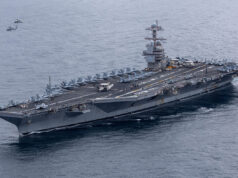
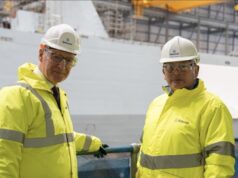
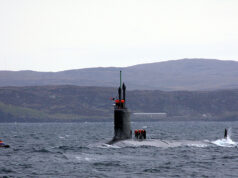
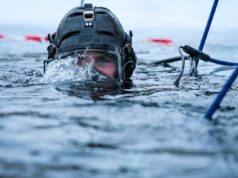
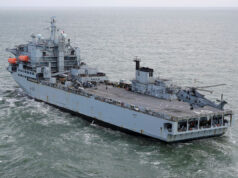
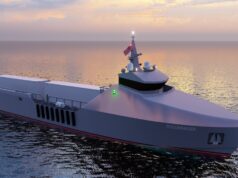
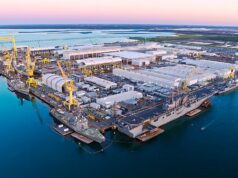
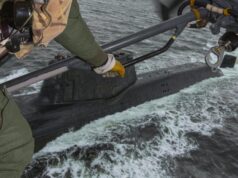
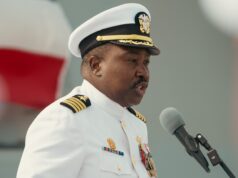
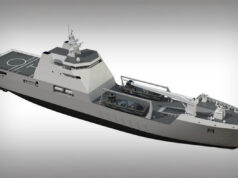

Planning to blow.more undersea has pipes?
Pity we cannot do this on our SSN ooh wait we have none they are all broke
This is extremely displeasing… I hope UK decision makers have a good recovery plan, because our submarine fleet is also limited. And given the current level of international tensions, it is not great to imagine that only French SSBN and carrier can go at sea. I am not sure we have enough capabilities to secure your carriers and SSBN additionally to our’s. Very hope this can be sorted out soon for the security of your country and mine as well.
Who could have guessed that France would be eager to see another Trafalgar in the ocean…